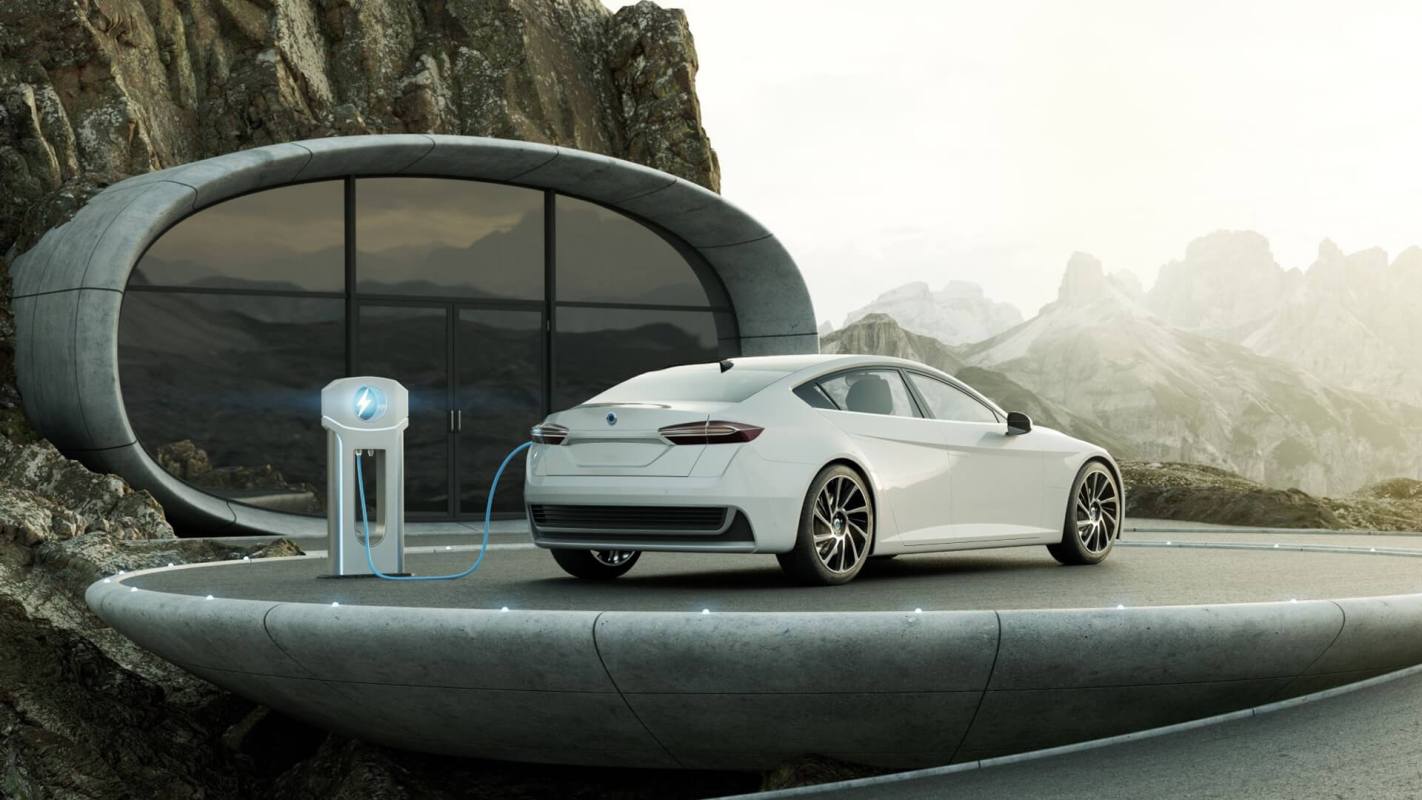A new startup is offering drivers the option to lease electric vehicles (EV) to help cut down on emissions during commutes.
Many Americans commute dozens of miles a day by car, racking up both fuel costs and emissions. While they might not be able vvto buy an EV of their own, they could be able to afford a budget-friendly lease.
EVs are estimated to be 81% more expensive than traditional cars — a key obstacle that makes EVs financially inaccessible for the average person — but startup Zevvy is trying to change that.
Drivers can sign up for a lease with Zevvy for a minimum of six months. The monthly fee includes a fixed fee of several hundred dollars (depending on the vehicle) and a variable fee of "only a few cents for every mile they drive" and no cap on mileage per month.
Nonetheless, the startup claims that the monthly lease amount is cheaper than a monthly loan payment for a new car. Plus, you'd be saving on fuel and maintenance costs expected from traditional cars.
After the first six months (or longer, depending on your lease), the driver has three options: return the car, renew it on a month-to-month plan (for up to 60 months), or purchase the car (every per-mile payment is deducted from the price).
Zevvy recently raised $5.4 million in seed funding, meaning they can bring electric vehicles to 1,000 California commuters in 2023.
"Zevvy's mission to provide accessibility to drivers that will benefit the most from EVs was imperative for us to support," said Marlon Nichols, founding managing partner at MaC Venture Capital, one of Zevvy's funders. "As firm believers in providing equity and accessibility to all, Zevvy's goals of significantly impacting the auto finance industry and EV affordability was a clear fit."
Not only does this reduce car maintenance and fuel costs for drivers, but it will also help to reduce carbon emissions caused by commutes. The average American commute is about 32 miles, creating 3.5 tons of CO2 per person every year.
That means that, on average, replacing 1,000 Californian commuters with EVs would reduce carbon emissions by 3,500 tons every year.
"This is the stuff from which market disruptions result," comments sustainable publication Clean Technica. "Don't raise the bridge, lower the river by re-imagining a different financing model to unlock the benefits of electric cars not only for individual drivers but for the greater good of society as well."
Follow The Cool Down on Instagram and subscribe to our newsletter.








